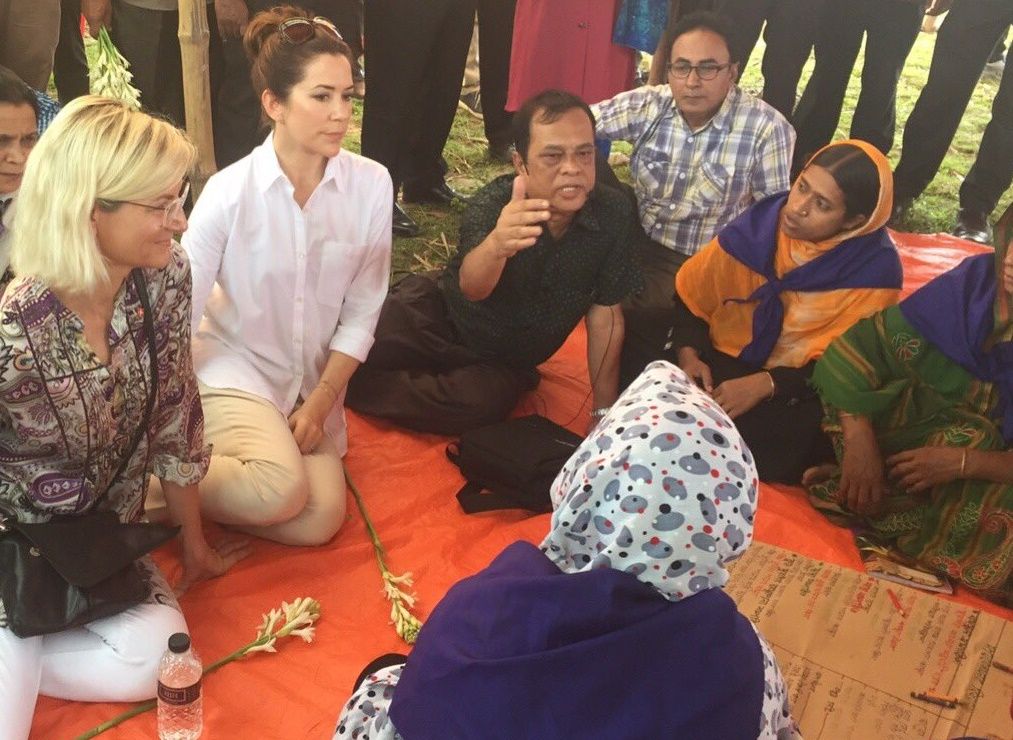The minister of development, Ulla Tørnæs, has announced today that Denmark will set aside 30 million kroner to help Bangladesh tackle the consequences of climate change on its infrastructure.
Bangladesh is particularly vulnerable to the ramifications of climate change, especially along its coastline where millions of people face storms and flooding. Tørnæs is currently in the southern district of Barisal along with Crown Princess Mary to take in the situation first hand.
“Bangladesh is on the front line of climate change. The challenges are very real and concrete when you are here meeting locals who have had their homes ruined or have faced the dangers of flooding,” said Tørnæs.
“I’m pleased and proud that the Danish government has earmarked 30 million kroner in aid for the local population in the battle to stand tall in the face of climate change and avoid having to flee their homes and regions.”
READ MORE: Denmark to play big role in Bangladesh’s green transition
Infrastructure imperative
Among the initiatives being worked on is elevating roads to avoid them being flooded in the monsoon season and giving locals the opportunity to leave flooded areas, transport goods and continue going to school.
Some 20 million kroner of the aid will go towards road works in the district of Noakhali, while five million kroner will go to ensuring water sources, toilets and latrines are protected against flooding.
Aid will also go to new toilets for women with built-in refuse chutes for sanitary pads and sexual education regarding hygiene in connection with menstruation.
Finally, five million kroner has been set aside to support the capital of Dhaka to handle future climate challenges, including the exchange of experiences with larger cities in Denmark.














